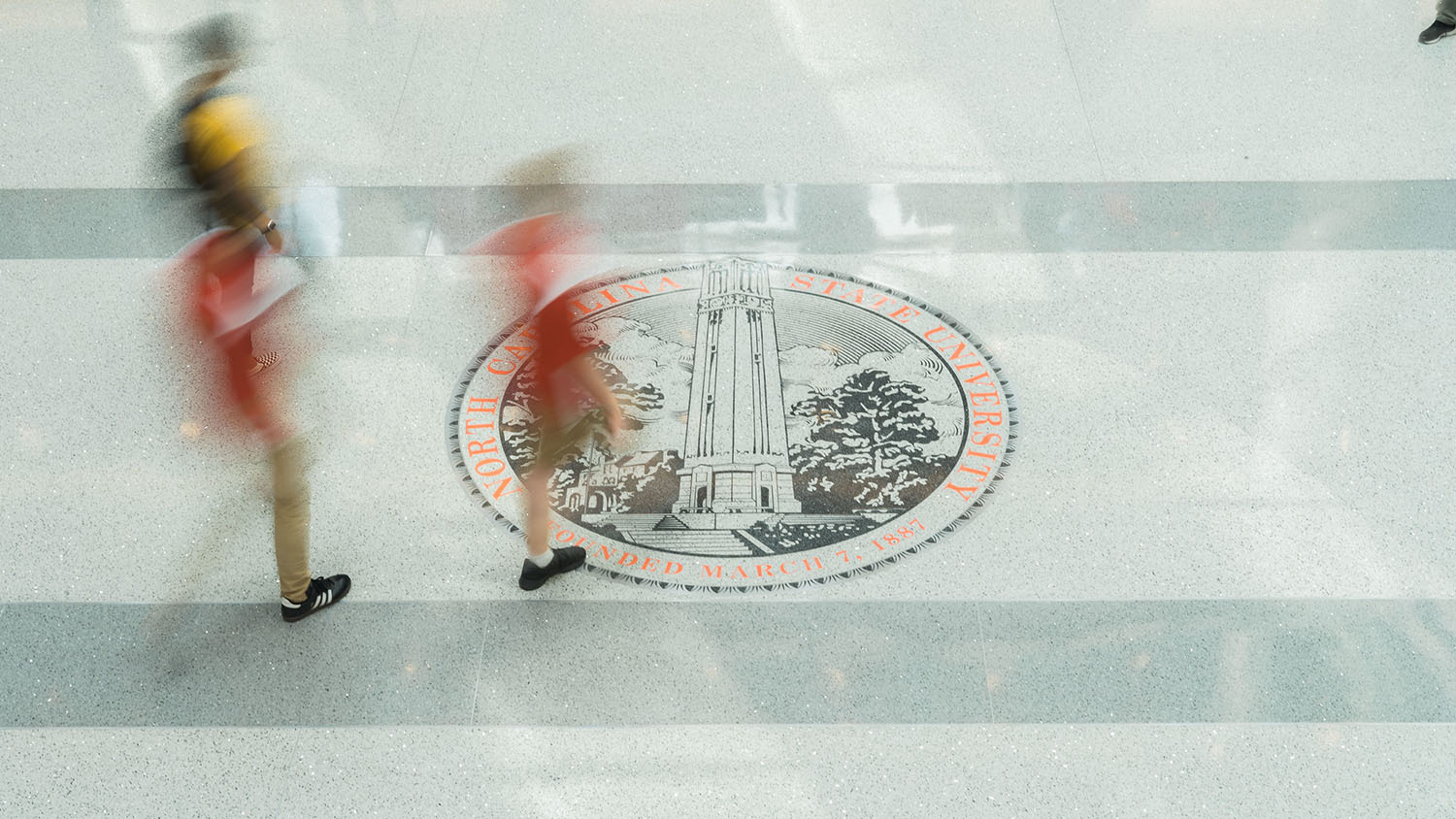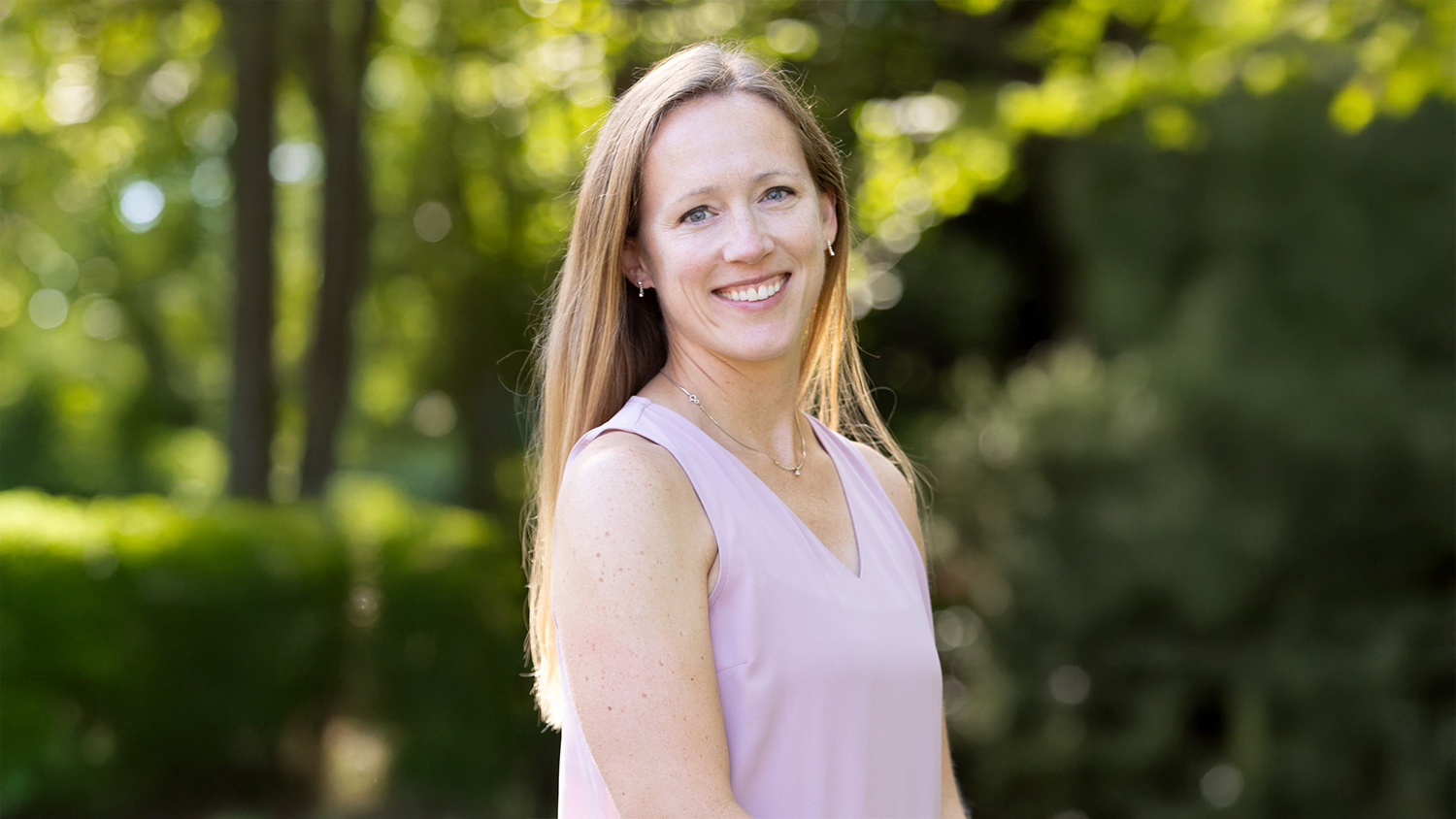No Cheat Days: Office of Student Conduct Plans Academic Integrity Week
Academic Integrity Week will take place Feb. 22-26 and include activities like trivia, a TikTok challenge and more to reinforce the importance of academic integrity at NC State.

While the vast majority of classes, tests and other academic activities have taken place online during the last year, there has been an alarming increase in academic violations involving cheating and plagiarism. In fact, there were 152 percent more academic violations in the 2019-2020 academic year than the previous year, with cases rising from 267-673. An even more troubling statistic is that there were nearly 900 cases of academic misconduct between March 1 and December 31, 2020.
“Relative to the number of people at NC State, it’s a small number,” said Bradley Davis, associate director of the Office of Student Conduct. “However, in that span of nine months, we had nearly triple the number of cases we see in a typical year, which is really troubling to see.”
Davis and the Office of Student Conduct have responded by sending an email to all students and their parents at the beginning of the spring semester. The message reminded students about the importance of academic integrity at NC State and provided helpful resources for those who are struggling with the drastic shift to remote education due to the COVID-19 pandemic. They are also planning to host a series of events for students as part of NC State’s first-ever Academic Integrity Week Feb. 22-26.
“The purpose of this week is to have a central focus on academic integrity, and hopefully spark something within our students to get them thinking about the value of ethical decision-making in their academic and professional careers,” Davis explained.
The purpose of this week is to have a central focus on academic integrity, and hopefully spark something within our students to get them thinking about the value of ethical decision-making in their academic and professional careers.
Some of the main events for the week include a trivia night, study break activities at the Wellness and Recreation Center and a TikTok and Instagram reels challenge. There will also be daily opportunities for students to sign a Pack Pledge banner that will be displayed in Talley Student Union. See the full schedule and links to virtual events here.
In addition to providing resources for academic success, Academic Integrity Week is also about addressing how violations happen in the first place. Some of the most common ones this year have included inappropriate use of online services like Chegg and Course Hero to answer test questions, or opening separate tabs or consulting handwritten notes during virtual proctored exams.
Davis said one of the most common reasons students resort to cheating is that they might not be grasping content in a certain class, or they act out of desperation to receive a good grade. There are also cases in which it’s unclear if the student intentionally cheated.
“In a large number of the cases we’ve seen, the biggest issue was that a student hadn’t fully read or understood the instructions on an assignment or syllabus,” Davis said. “Asking questions about what is or isn’t allowed on an assignment or test is one of the best ways students can prevent themselves from committing these violations.”
Davis pointed out that while there has been a significant increase in academic violations, most have been first time violations. There have also been far more students who have been acting with academic integrity throughout the last year.
The majority of our students are still acting with integrity and doing the right things, and we want them to know we appreciate their commitment to academic integrity.
“The majority of our students are still acting with integrity and doing the right things, and we want them to know we appreciate their commitment to academic integrity,” Davis said. “We have so many students who are great role models, completing their assignments with integrity, and educating their peers about things they should and shouldn’t do in online classes. We know the last year has been especially tough, so we really appreciate everyone who has upheld the values of this great institution and held themselves accountable for their own work.”
If you are having trouble in a particular course or with adjusting to online classes in general, the Office of Student Conduct recommends the following resources:
- Taking Online Exams: Proactive Guide for Preventing Misconduct
- The Division of Academic and Student Affairs’ Keep Learning website
- The Academic Success Center offers virtual tutoring, career counseling and academic advising services
If you are struggling emotionally or financially outside of the classroom due to the effects of COVID-19, these NC State resources can help:
- Pack Essentials: Resources to address food, housing and financial insecurity
- Feed the Pack Food Pantry
- The Counseling Center and Prevention Services
- The Wellness and Recreation Center offers individual and group fitness opportunities as well as helpful resources for balancing your work and personal life.
- Categories:


